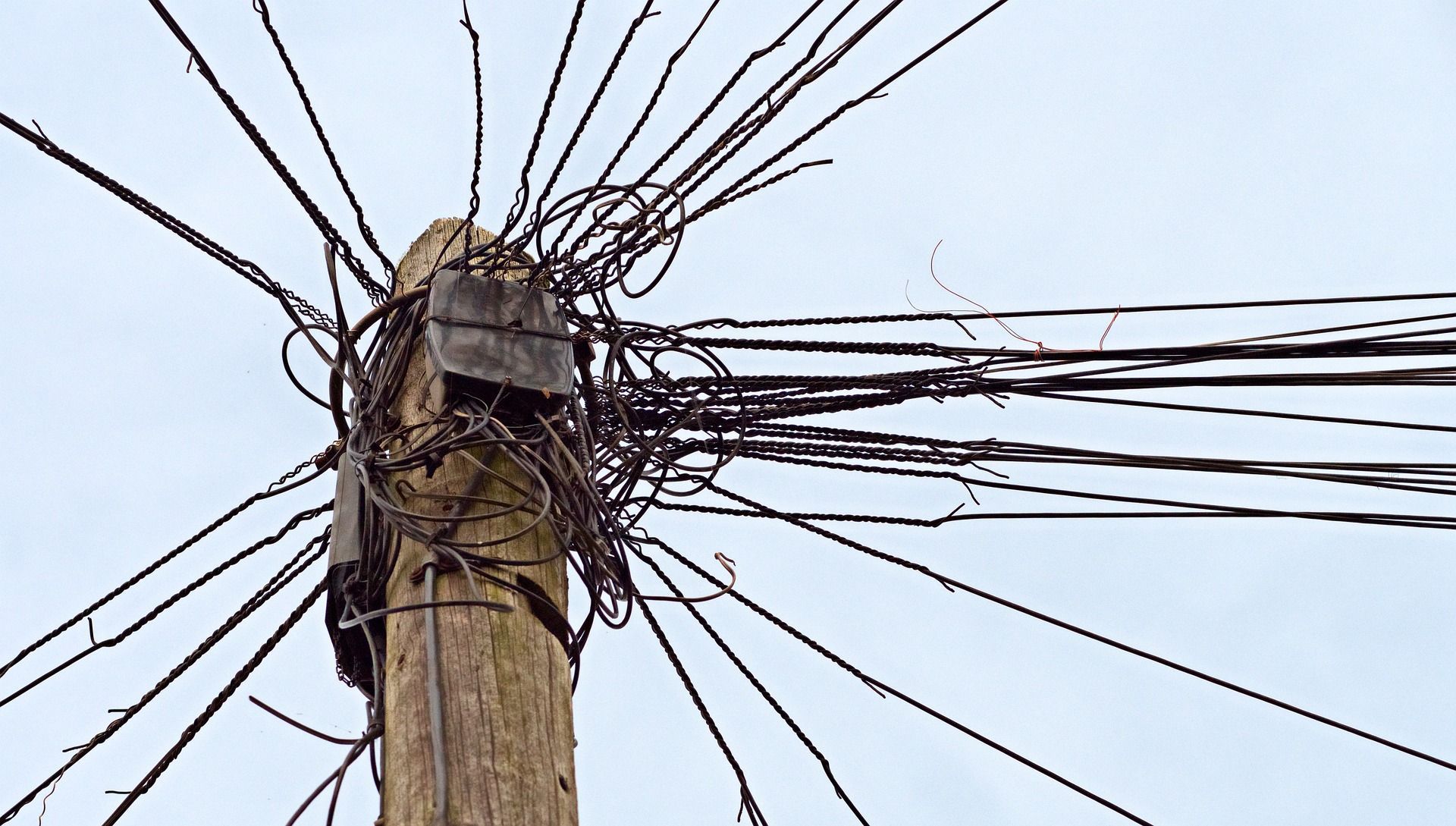Life of a Writer
Charlotte Booth • 22 October 2021
The glitz, the glamour and the spell checker

It's not.
I wish it was, but it's not. Writers do their best work alone, in their pyjamas as they gradually lose track of time.
But that's not to say it's not a good life. It's something I feel very privileged to be able to do.
I've been a writer for at least 20 years, and I feel like my life is missing something if I am not writing a book or researching an article.
It's in my blood.
However, to get to this stage has taken years of hard work, dedication and practice. And more importantly showing up when I can't be bothered.
Often as a writer, you have to write a piece before you know where it will be published - which leads to a lot of writers self-publishing. For me, I always have a home in mind for my work even if I haven't approached them about it. Sometimes they even agree and pay me money.
Therefore, when writing without knowing where it will be placed, it's essential to find a routine to follow, to prevent drift, or worse abandoning the book altogether.
Therefore, when writing without knowing where it will be placed, it's essential to find a routine to follow, to prevent drift, or worse abandoning the book altogether.
There are four stages to writing a book, and each is as important as the next, even if they are not equally inspiring.
- Planning - You need to know what you are going to write before you start writing. When I am exploring the idea for a book, the first thing I do is write a very detailed content page of everything that I would like to include in the book. The more detail I include the easier the book is to write.
- Research - Before you start writing you need to know what to write about and this means research. For online blogs internet research is adequate, but if you are writing a book this means peer reviewed articles, scientific studies, books, magazines and even archive material. Yes it's time consuming, and often you read things which are irrelevant but if you scrimp on research the writing will be weak.
- Writing - This is the fun bit as it's when you get to put all your ideas onto paper into a coherent story (even non-fiction has to have a story). It's an opportunity to be creative and to show what you know, as well as to geek out on fascinating stuff you have found out which you know your audience won't know.
- Editing - I have a love/hate relationship with editing. On the plus side, editing your work means you have finished it and have 90,000 words to play with. It is an amazing feeling when you edit and you know you are creating a beautiful piece of work out of a rough draft. On the downside it can take ages, and no writer is ever 100% happy with their work. If you're not careful editing can take much longer than writing the book.
The only part that you need to do in order is the planning. If you get that right the writing is easy. However, in a single writing day, I can be working on any combination of the other three, depending on where I am in the book, and my mood. So I could spend a week researching something that my knowledge is sketchy on, and then the following week writing it up, or I do the two simultaneously, writing and reading at the same time.
I tend not to edit the work until it is finished, although sometimes I feel the need to check flow if I feel I have lost direction a little. This normally happens when I am three quarters of the way through a book. It is a mini edit, just to get a feel of the flow and the story thread running through it, but of course it's great for identifying gaps, weak points and spelling mistakes.
I think editing the previous day's work before you start working today is a waste of time. However, one of the beautiful things about being a professional writer is that there is no right or wrong way to do it. You do what feels right to you.
Through my 12-week From Brain to Book
programme I am fascinated at the different way each author chooses to work. As long as the result is the same (a finished book) it really doesn't matter what tools you use to get there. If you are embarking on the journey of writing a book and don't really know where to start, drop me an email
and we can chat through the options available to help you find your writing routines and style - whatever it takes to get your book finished.

There is nothing more amusing than checking out mediaeval artistic renditions of lions and other heraldic creatures. These beasts, grimacing and gurning are a strange juxtaposition of human, animal and demon and as far from the cute image of Alex from the Madagascar franchise or in fact a real lion as you could possibly get. There are three main reasons mediaeval lions are so ‘bad’ and un-representational; The artists were following a very tight brief. Some of the artists may never have seen a lion, and were following the descriptions they were given. These lions were representing heraldic principals of bravery, nobility and authority; all very human characteristics. When viewed through this lens it becomes more understandable why they look the way they do, but they are still ‘not right’ and not a great tool for learning about lions. Generative AI is very similar to an uninformed but talented mediaeval artist. There is a element of intelligence but at the end of the day it is following a brief, with no actual ‘knowledge’ of the thing it is producing. As an example, if you prompt your generative AI (ChatGPT and the like) to produce a blog for your new product or service, aimed at your ideal customer avatar you will in all likelihood get a mediaeval lion out the other end. Sort of recognisable, and sort of not. This is because AI doesn’t know what a customer is (ideal or otherwise), has no idea what your product or service is and does, and has no true understanding of how this service or product will serve your ideal customer and their needs. Of course, AI is pulling all the information available from the internet to help with its answer but there is no understanding there. There is no determining fact from falsehoods or even which websites are trustworthy and which are not. So, it skims the internet and puts together content which suits the brief as it understands it. This is then when the actual work should start as this content shouldn’t be used in the raw. It should be edited and tweaked by a human who DOES understand the brief, has been a customer (ideal or otherwise) and can imagine what your ideal customer will feel when using your product or services. We are in a world now, where we have generative AI promoting products and services to humans, when it has no concept of what a human is and how it thinks, meaning the marketing department are in fact more important than ever for ensuring content and copy is aimed at humans and human emotions. You could argue that the world would be a more entertaining place if there were more mediaeval lions in it, but it wouldn’t be a great environment for learning, or for basing purchasing decisions on. If you want to maintain the human element in your content, then I would love to help . Explain the brief, your CTA and your ideal client and I will know what I need to ask to get a clear idea before writing. Then you can rest assured your content was written by a human for a human and we can leave the mediaeval lions to the museums.








